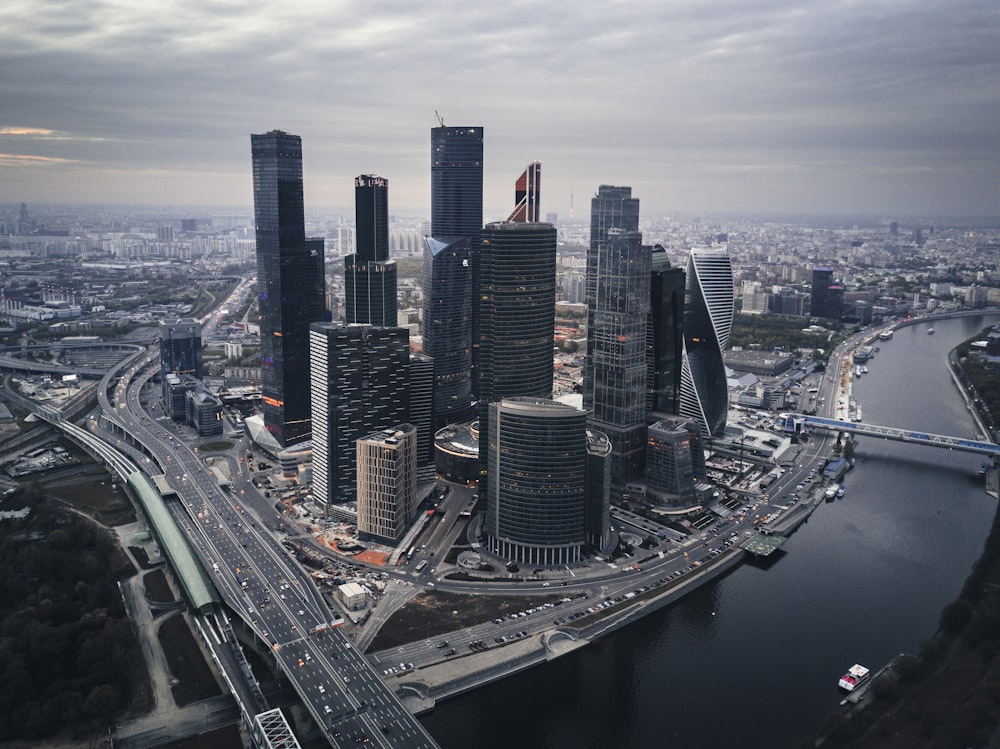
The Startup Ecosystem of Russia
Russia has 5 cities in the top 1000 and is one of Eastern Europe’s best countries for setting up a startup.
COUNTRY RANKING
Since 2024, Russia lost 6 spots in the Global Startup Ecosystem Index, having now positioned itself as 35th worldwide.
Population
Million
Regional Ranking
In Eastern Europe
Global Ranking
Worldwide
Ecosystem
Startup Ecosystem Overview

Russia has been working to overcome the perception of a closed startup ecosystem and expand its reach to international markets for quite some time. Unfortunately, these efforts hit a major roadblock with the escalation of the war in Ukraine, resulting in deeper divides with the Western world. Amidst this complex geopolitical situation, Russia’s startup ecosystems find themselves increasingly isolated. This isolation has led to a brain drain phenomenon, with entrepreneurs and tech professionals opting to relocate abroad.
Despite these challenges, Russia boasts a substantial pool of technical talent, with some of the founders of well-known companies like Telegram, Google, Revolut, and Ethereum hailing from Russian origins. However, the loss of ambitious Russian entrepreneurs to other startup hubs showcases the untapped potential within the country. Several successful Russian startups and unicorns have shifted their official headquarters to different nations while maintaining operations in Russia.
One of the major hurdles for Russian startups targeting international markets is their disconnection from the global financial system due to sanctions imposed on the country and its banking sector post-war. Nevertheless, the Russian startup ecosystem does have its advantages. The sizable domestic market offers opportunities for founders to generate significant revenue by developing high-quality technology exclusively for local consumers, especially with reduced competition from global solutions.
Moreover, the Russian government is keen on advancing AI research and implementation within the country. Efforts are being made to expand generative AI and language model research, improve supercomputer accessibility, and enhance international collaboration and investment opportunities. Despite the challenges, the Russian economy has demonstrated resilience.
While the local economy may not be as vast as other closed ecosystems like China, the Russian startup scene benefits from the presence of highly engaged corporate accelerators established by the public sector, notably the Skolkovo Innovation Center. Ultimately, Russia stands as a prime example of untapped potential hindered by external events, leaving its exceptionally talented entrepreneurs in a challenging position.
Startups
Russia Top Startup Industries
641 startups
260 startups
232 startups
Unlock with pro
Ecosystem HealthCheck
Russia Ecosystem Health Check
The health check tables allow you to look at the performance Russia has in each of the parameters that are part of StartupBlink's ranking algorithm. There are five tables, corresponding to the three subscores, the subscore analysis and industry ana...
- Overperformance
- Performance equal to global ranking
- Underperformance
ECOSYSTEM
Browse the startup ecosystem database of Russia
Become our Russia Ecosystem Partner
Startup Ecosystem Charts
Startup Funding in Russia2017 - 2024
Startup Funding in Russia 2017 - 2024
From 2022 to 2023, startup funding in Russia has decreased by 74.41%. During this period, the number of deals in Russia has decreased by 49.37%. Since 2017, total startup funding in Russia exceeded US$ $4.94B.
Average Funding in 2023
$4.77M
Funding in 2023
$190.74M
Deals in 2023
40
USD
Amount of Funding (USD)
Number of Deals
Ecosystem
The Startup Ecosystem in Russia
Global Rank
Russia is ranked within the top 40 startup ecosystems globally.
Top Industries
Russia’s startup scene is best represented in Software & Data, Fintech, and in Ecommerce & Retail.
BLOG
Recent Posts

Mon Apr 14 2025
From Service-Based to Product-Based Economy – Lessons from North Macedonia
In this special episode of the Startup Ecosystem Podcast, we revisit a conversation from two years ago, recorded during a visit to North Macedonia. Eli David Rokah, CEO of StartupBlink, sits down with Igor Madjov, founder of Startup Macedonia, to explore how Skopje is evolving from a service-based IT outsourcing city into a product-driven startup […]

Wed Apr 02 2025
Corporate Startup Activity Index 2025
For the first time ever, 372 corporations across 30 countries, 11 major industries, and 10 sub-industries have been ranked based on how actively they engage with startups. StartupBlink’s Corporate Startup Activity Index is the world’s first benchmark for corporate startup engagement — powered by real data, global partnerships with top corporations, governments and data sources, […]

Thu Mar 06 2025
The Impact of Government Support on Startups
A robust startup ecosystem creates a sense of community that brings entrepreneurs together and helps them feel less isolated. It gives them access to mentors, advisors, fellow entrepreneurs, and talents. The foundation of such an ecosystem largely relies on government support. Good policies create a fair and supportive environment that helps startups grow. Bad policies […]


